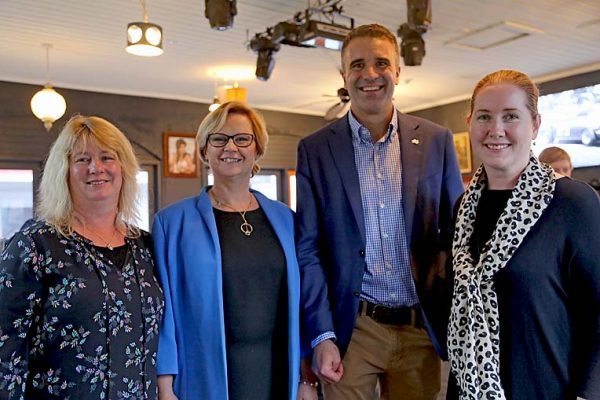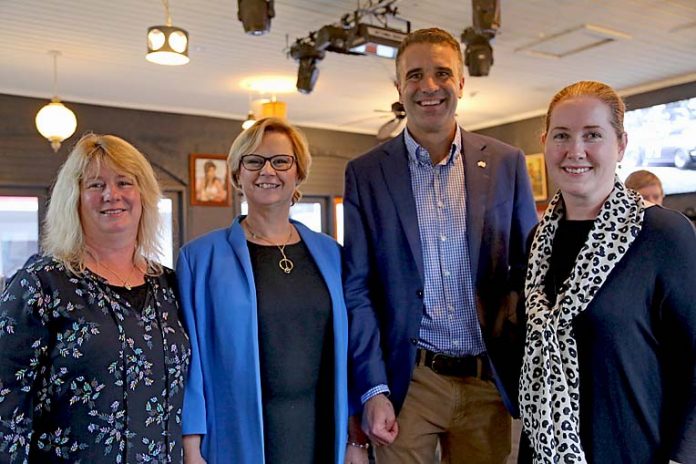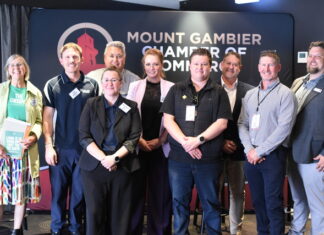
IN the wake of Clare Scriven’s election to State Parliament, the Labor representative pledged a renewed focus on regional South Australia with a spotlight on the Limestone Coast.
12 months on, towns such as Kalangadoo and Millicent are receiving unique spotlight in the state’s Legislative Council with Ms Scriven driving the conversation in Parliament.
The Port MacDonnell resident was elevated to Labor’s frontbench where she serves as Deputy Leader in the Legislative Council, as well as two portfolios – industry and skills and forestry.
While elected to represent the entire state, the Upper House MP has a strong focus the Mount Gambier, MacKillop and Hammond electorates.
Her advocacy across the three electorates has included a funding commitment for the Community Paramedic program, funding for sports clubs and fighting for the retention of the Overland train service.
“I have been really pleased to have been involved in some local issues such as saving the Community Paramedic Service in the Limestone Coast, which was going to be cut by the former Liberal Government,” she said.
“By working with the local doctor and residents, with a social media campaign, petitions and a community meeting, we were able to get the cuts reversed, which is an important achievement for local people who rely on the service so they can stay out of hospital.”
Ms Scriven was integral in driving the campaign against the State Government’s “mandate” of scrapping restrictions on retail hours across the state, particularly in Millicent which has long supported its deregulated status.
“In terms of legislation, a big achievement was defeating the government’s Shop Trading Hours Bill, which would have destroyed local jobs and forced one of Millicent’s supermarkets to close,” she said.
“We need to protect small businesses are not driven out of the market by the big players and also make sure there is competition instead of monopolies so that costs do not escalate.”
Ms Scriven said the coming period will be particularly focused on analysing and developing policies around the issues garnered from the recent Labor Listens events.
She said providing voices to small business, increasing opportunities to value-add to the region and a stronger focus on matching skills to employers needs were future priorities.
“As a shadow minister, I have highlighted some of the government’s poor decisions, such as cutting programs to help retrenched workers and funding for people to upskill and re-skill in changing job markets,” she said.
“The slashing of the Career Services programs was a big problem and resulted in local job losses here.
“I have also been fighting to ensure there remains a focus on safety training in the construction industry and that all sectors of the industry are involved in training decisions, instead of the government’s move to remove employee representation from the industry training board.”





![[READER COMPETITION] – Win a double pass to see Cosentino – TRICKED LIVE](https://borderwatch.com.au/wp-content/uploads/2026/03/Cosentino-100x70.png)


